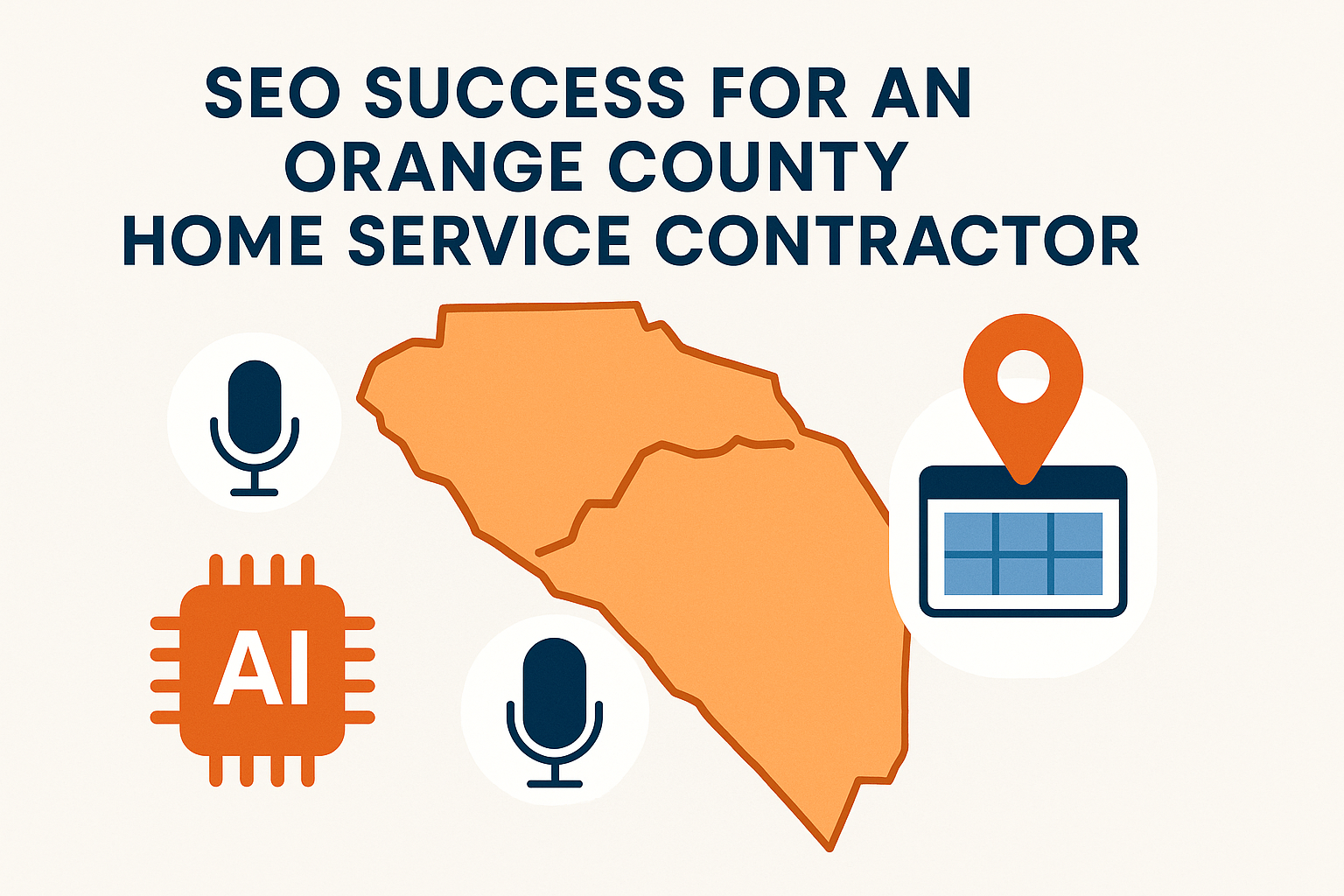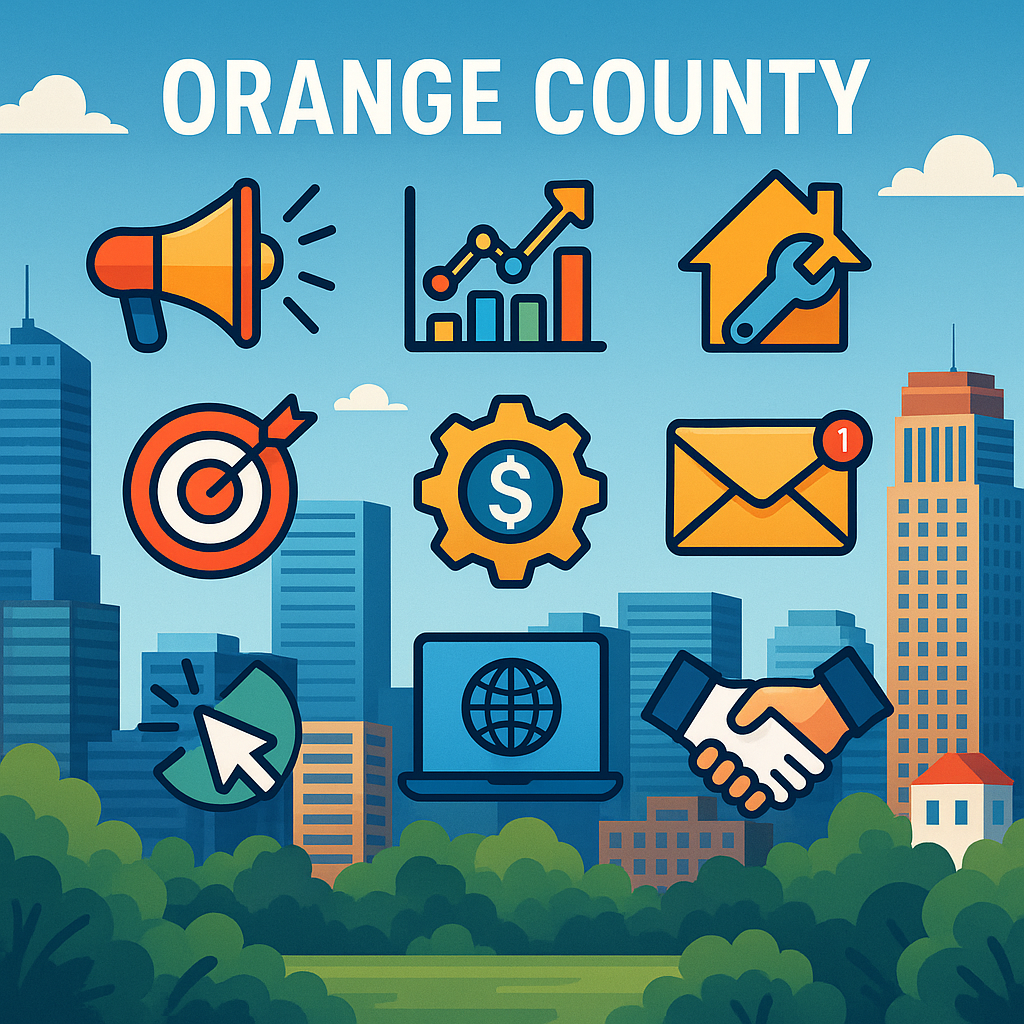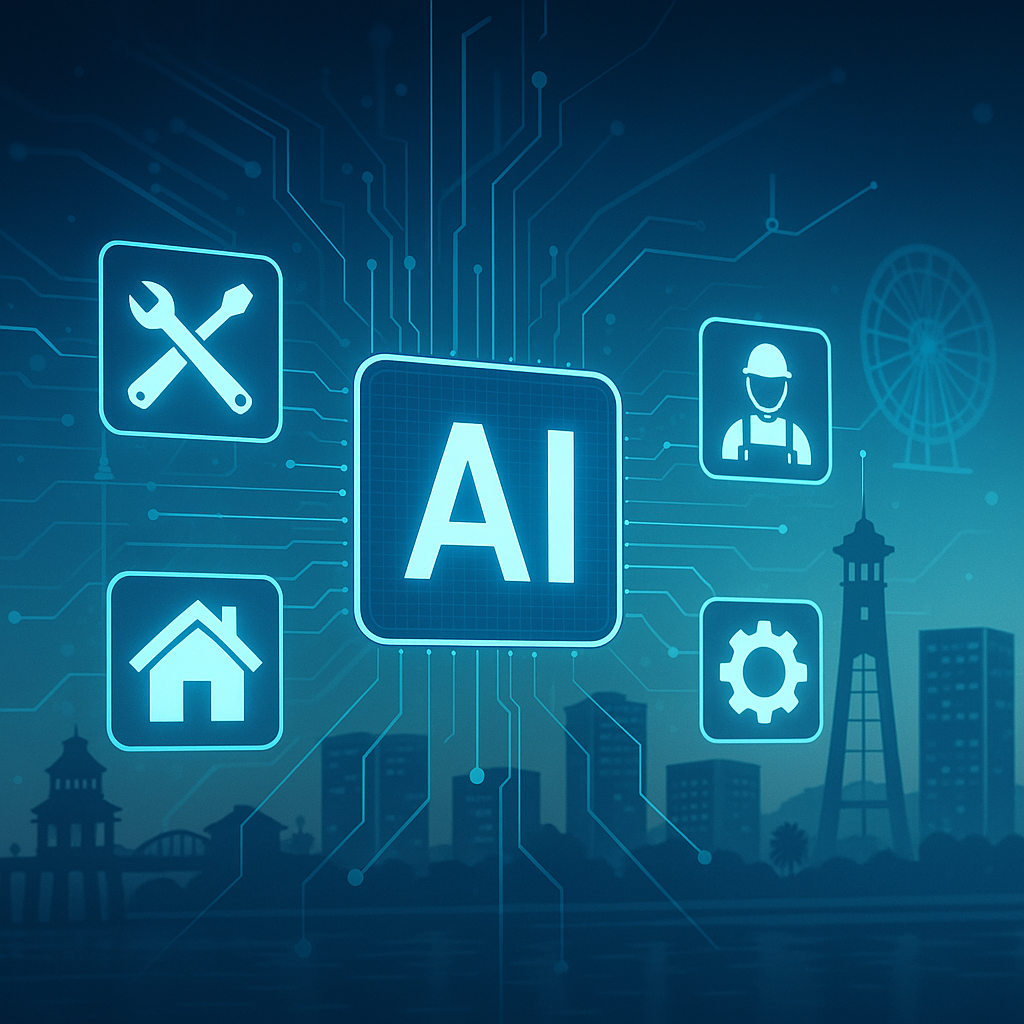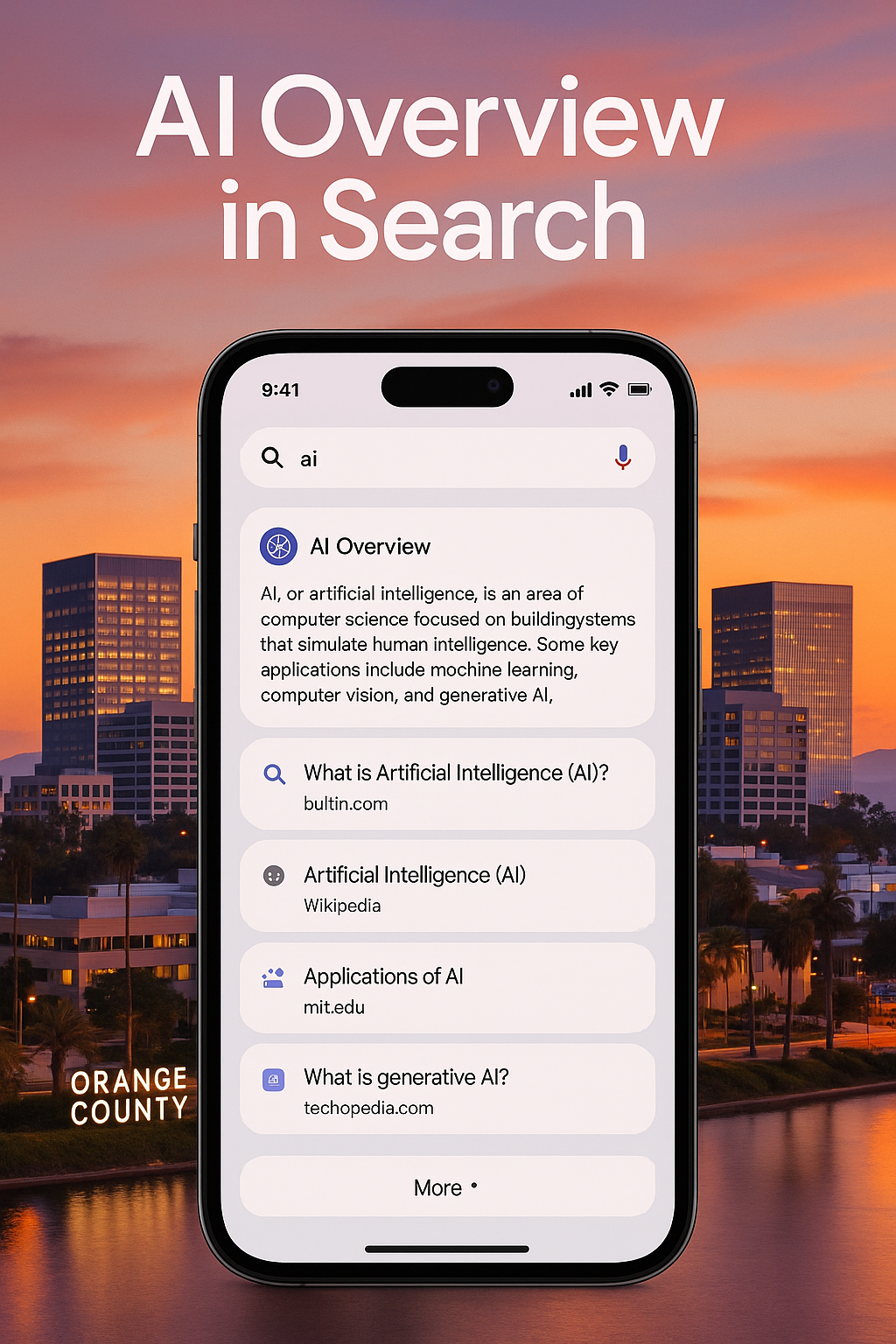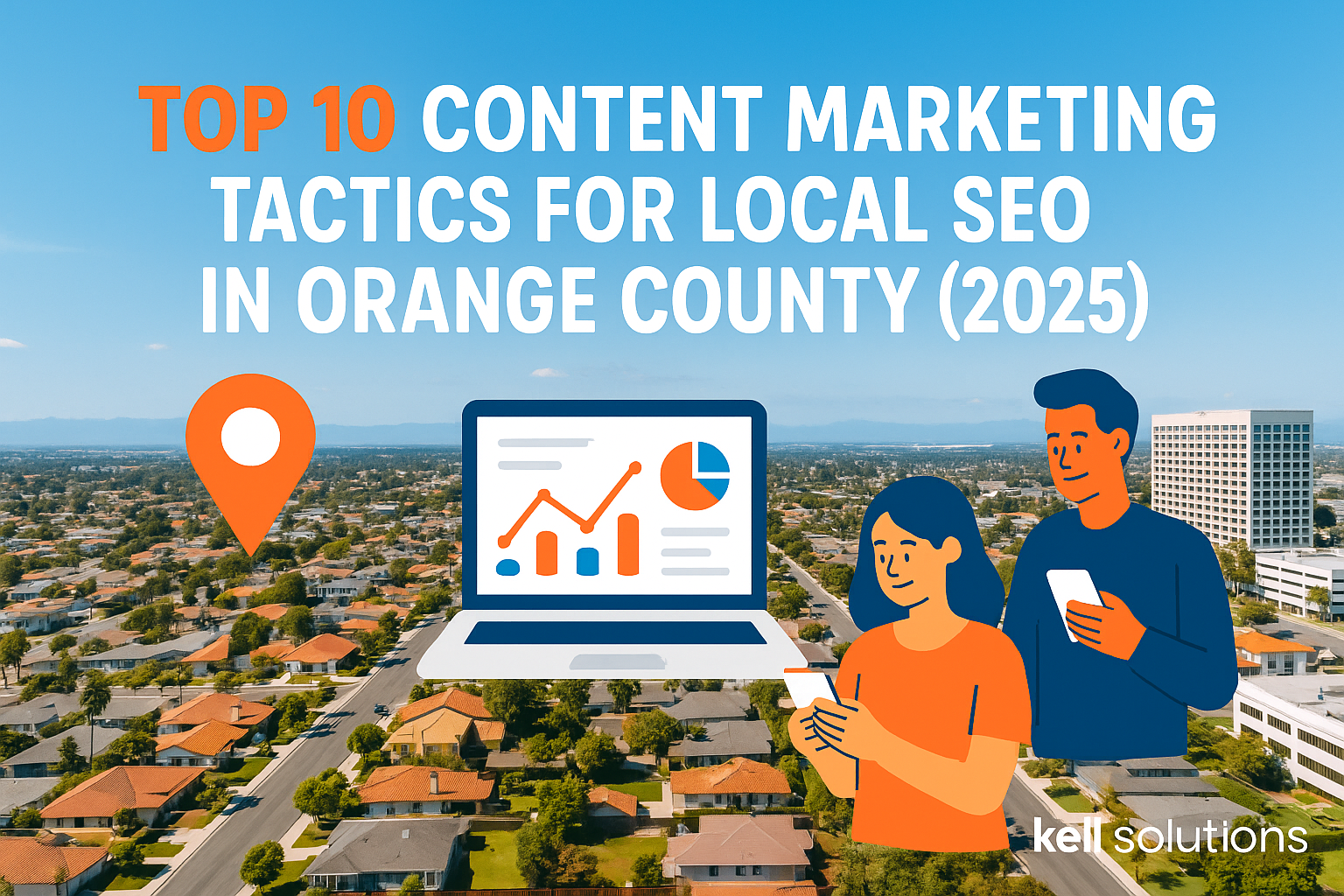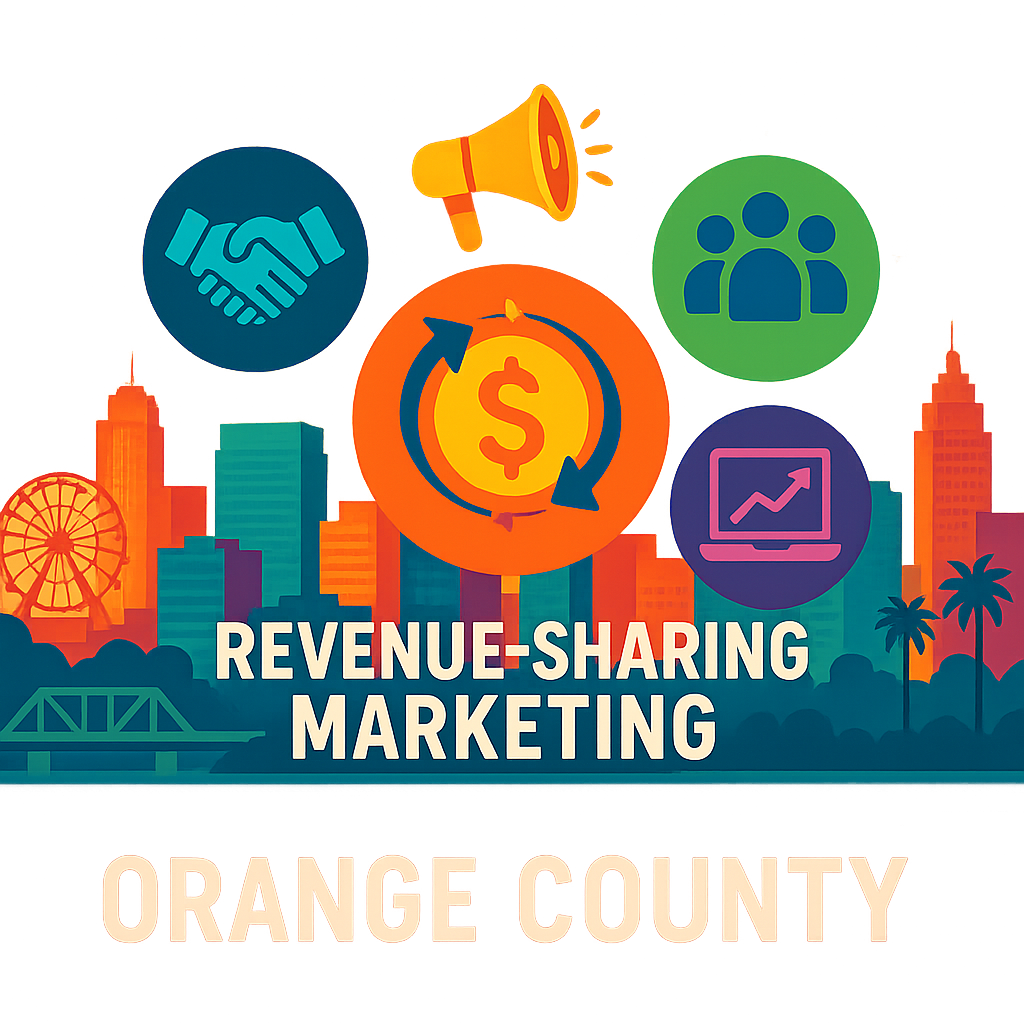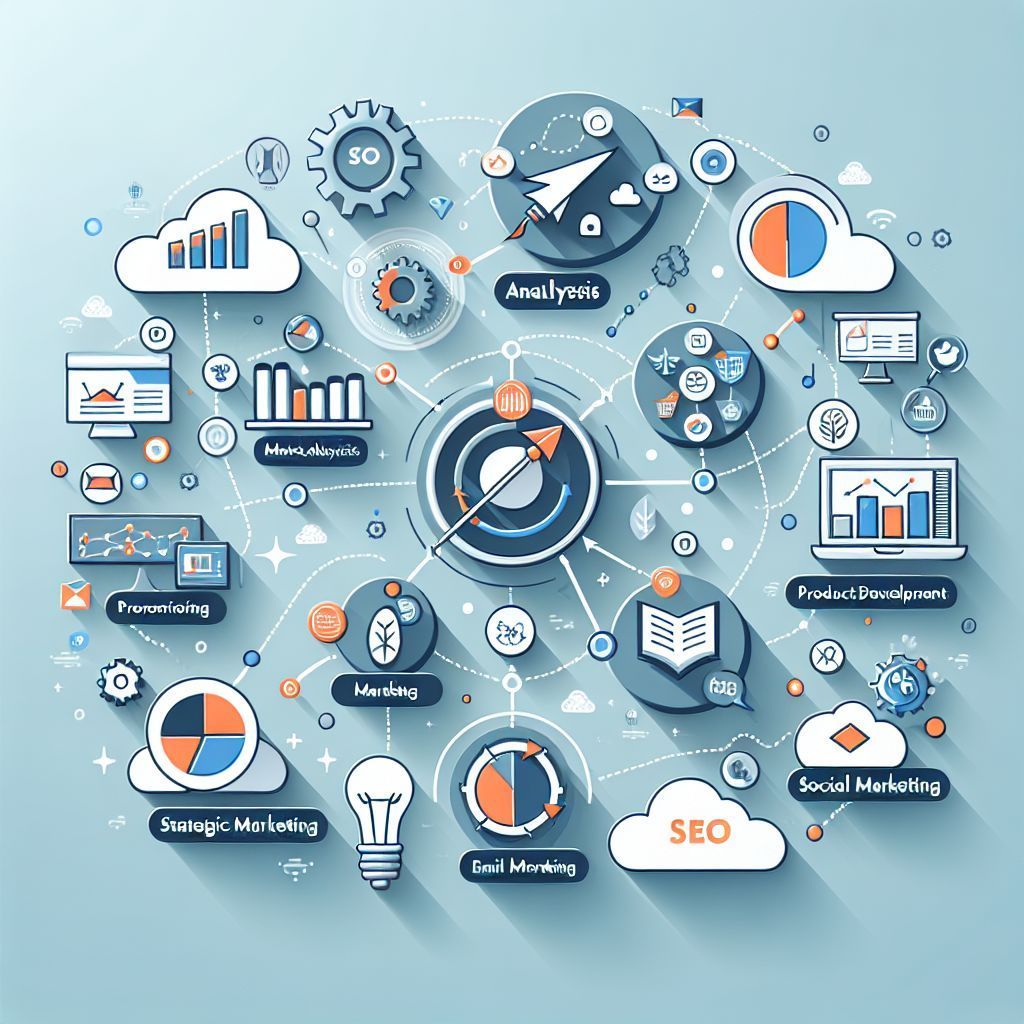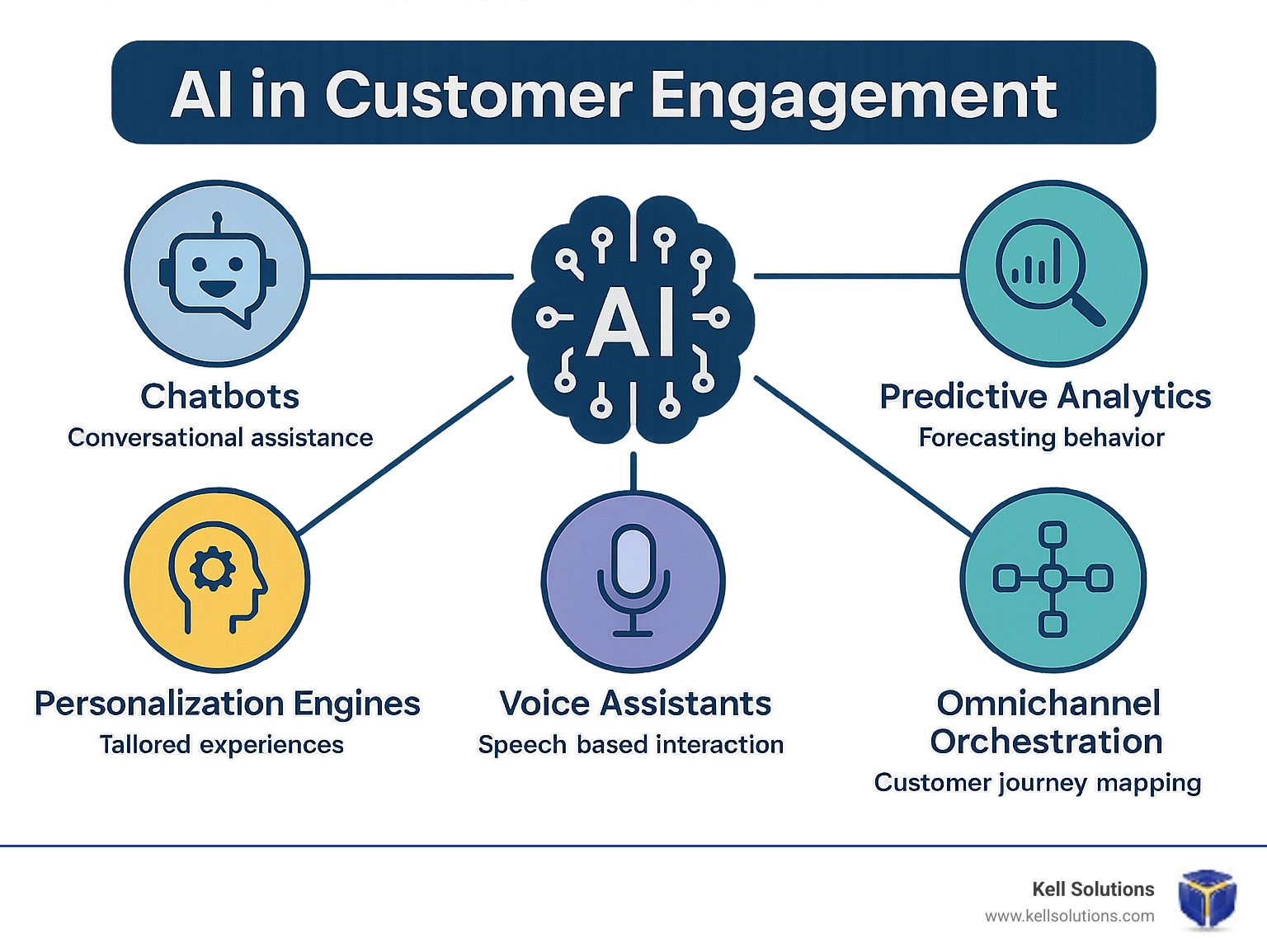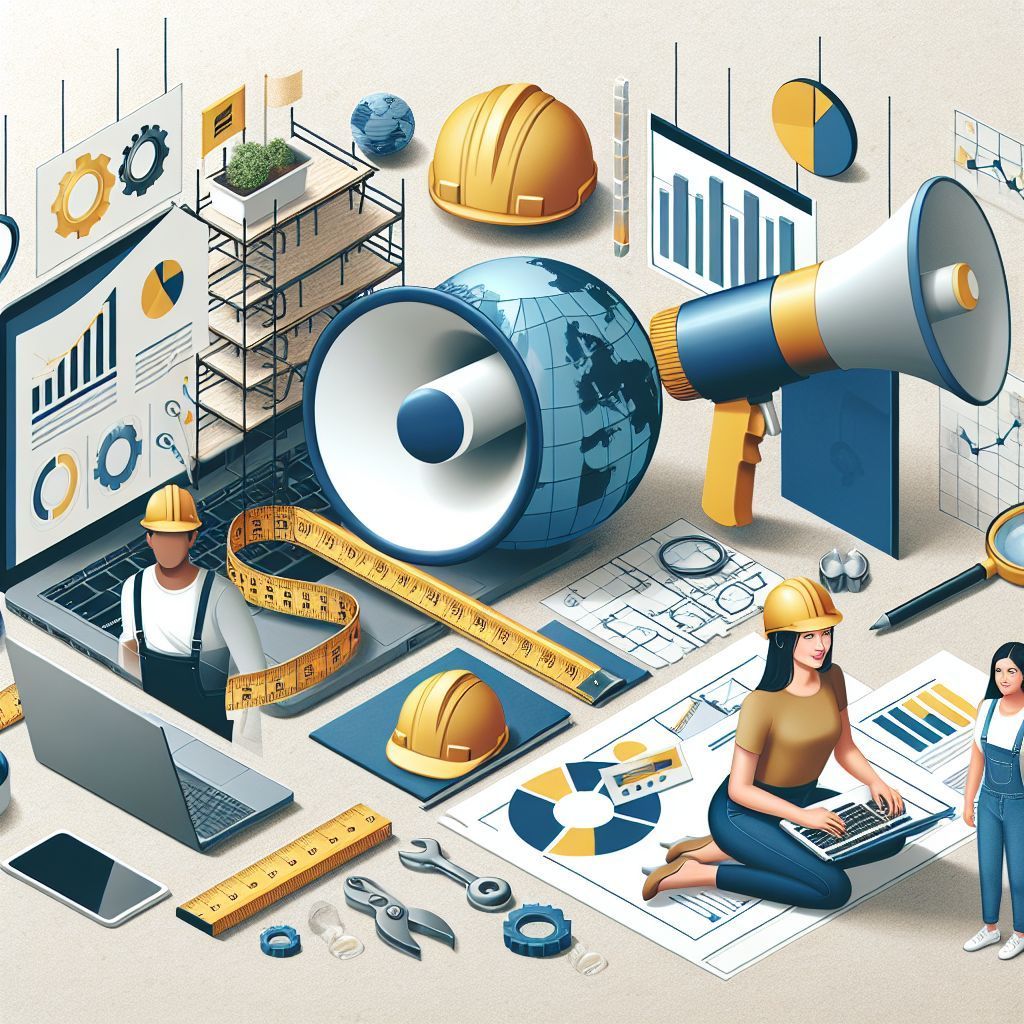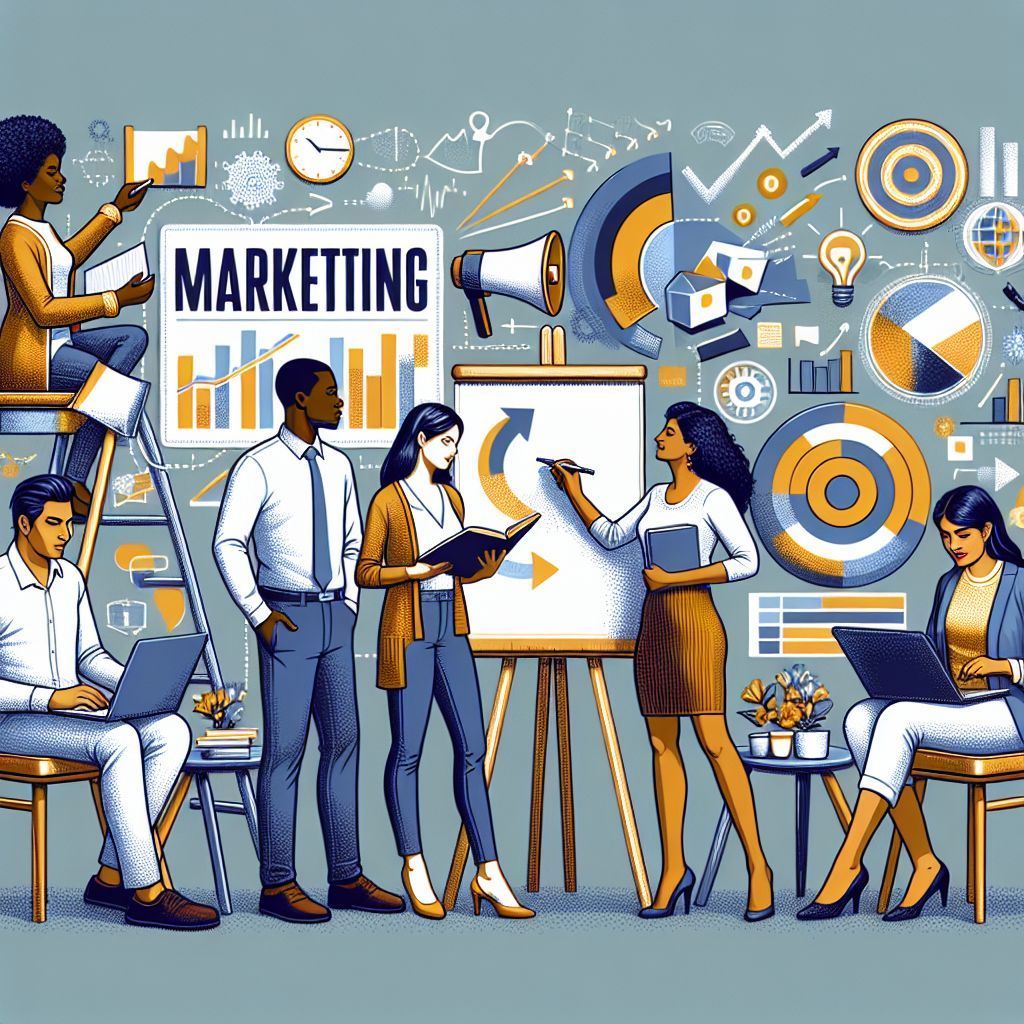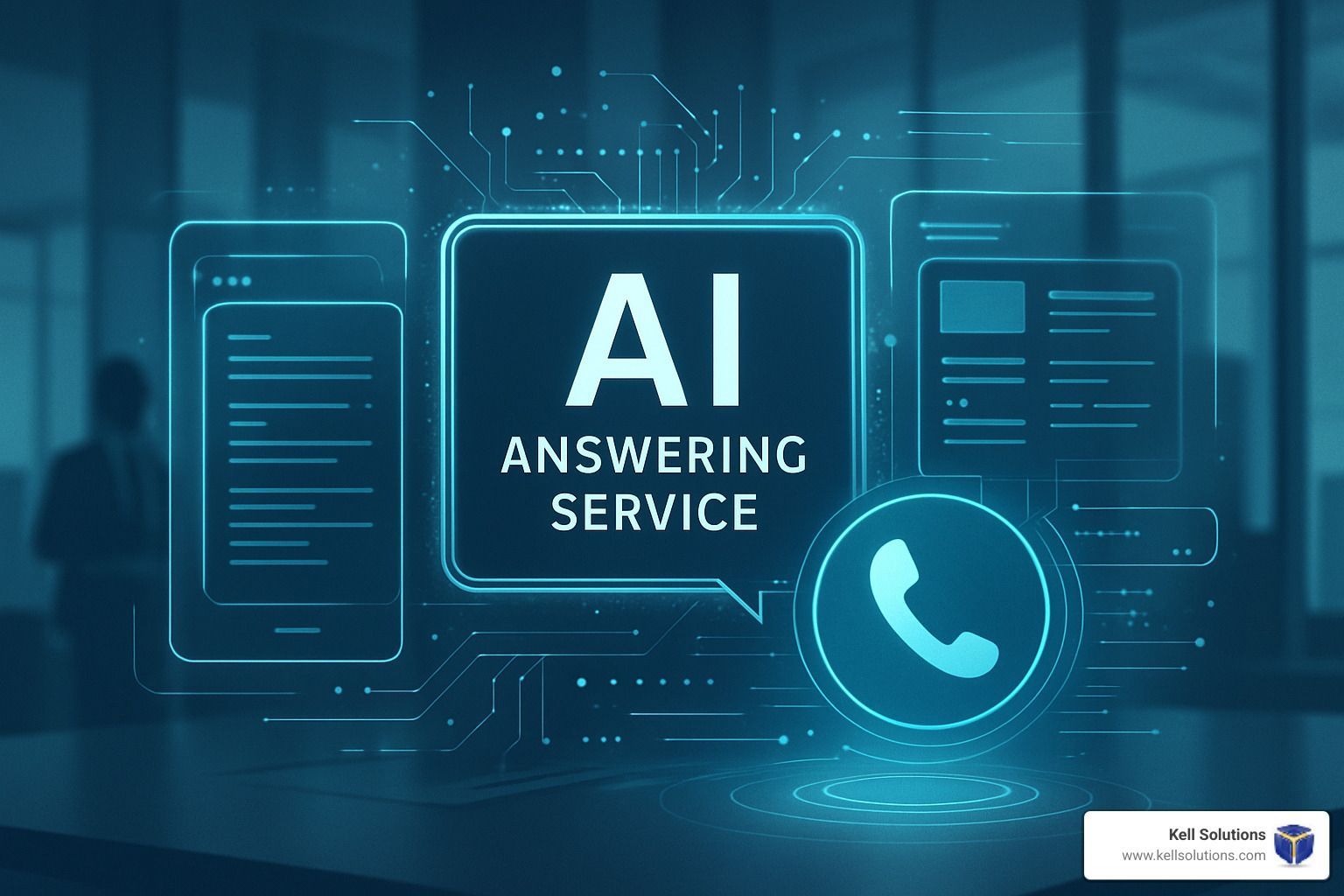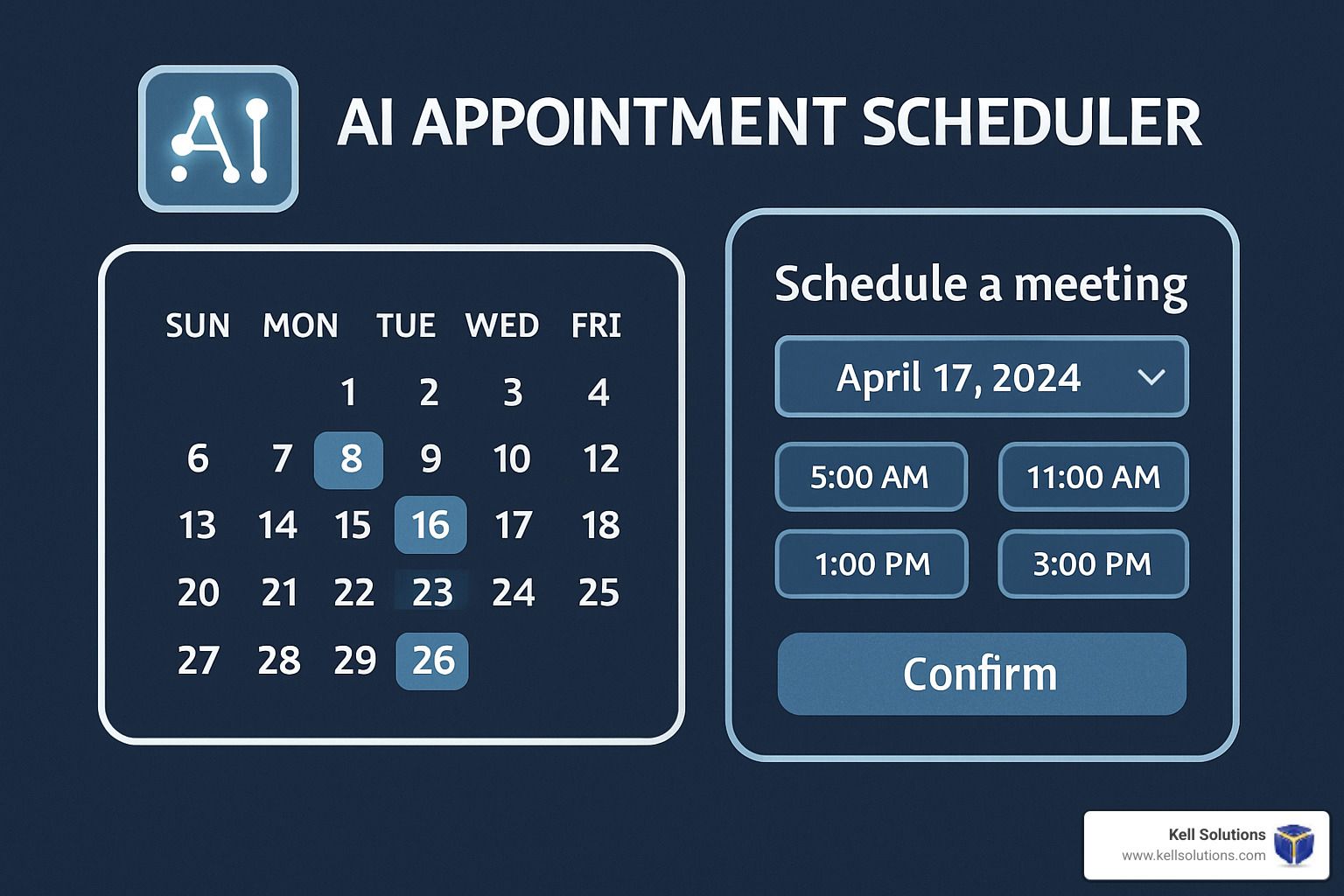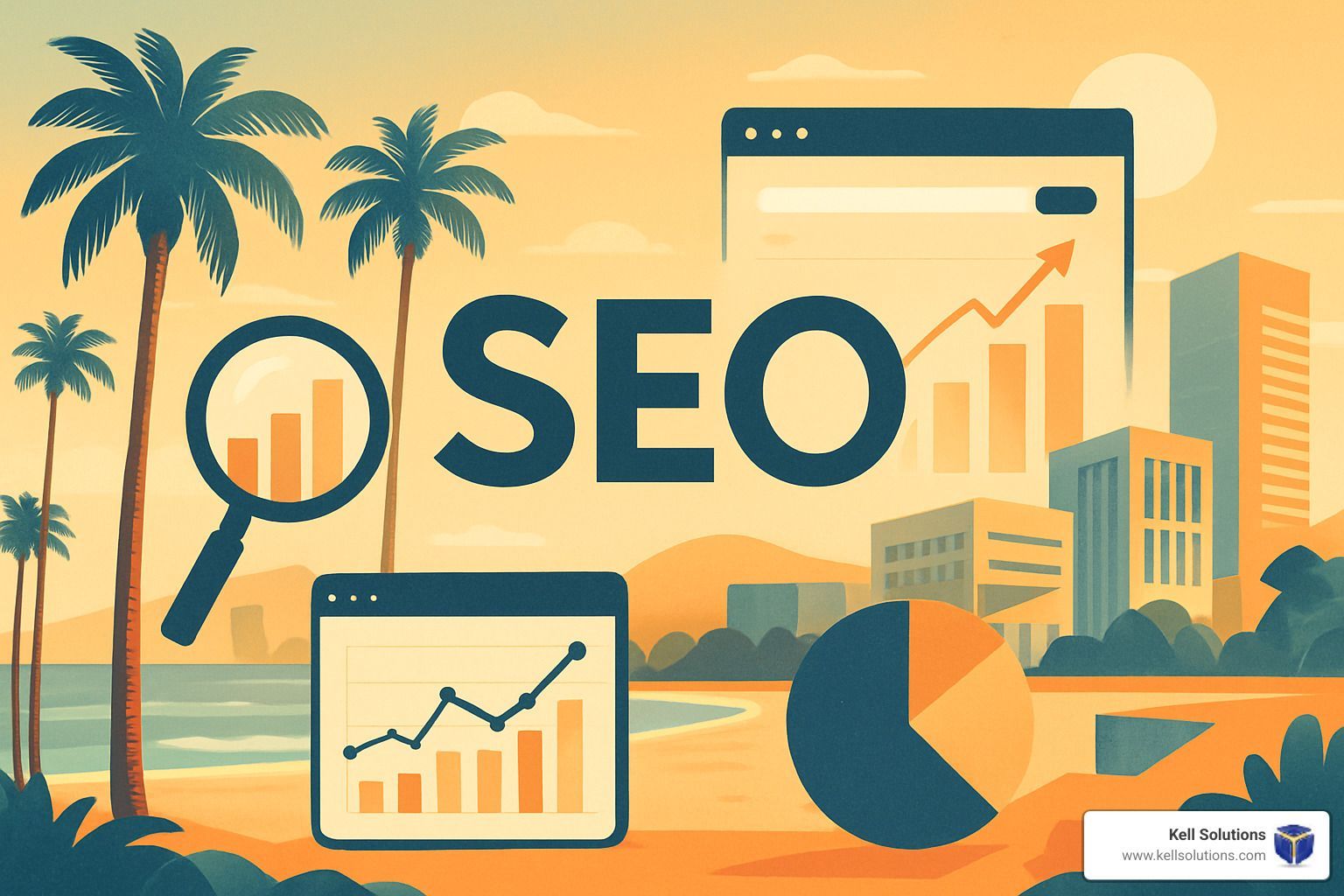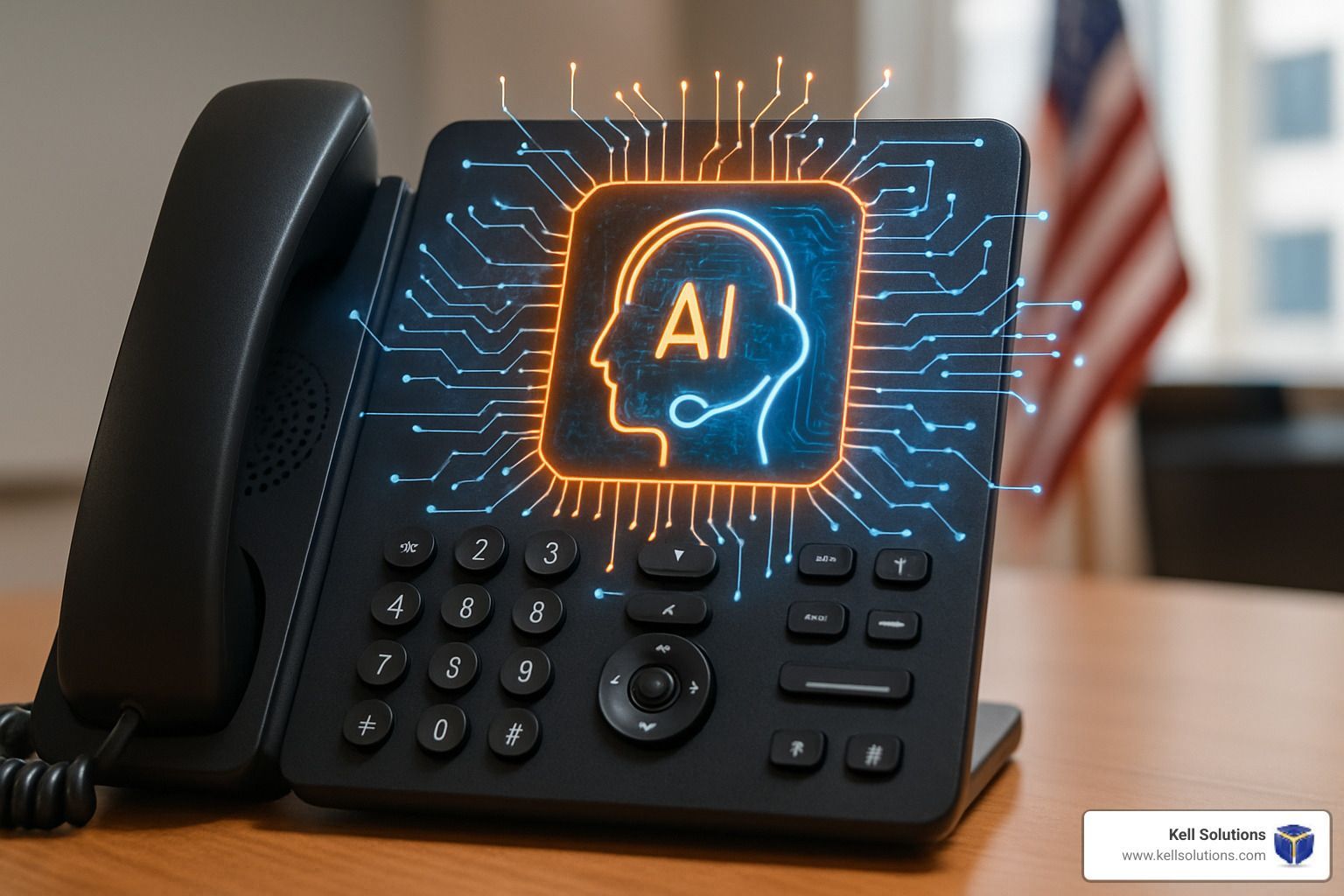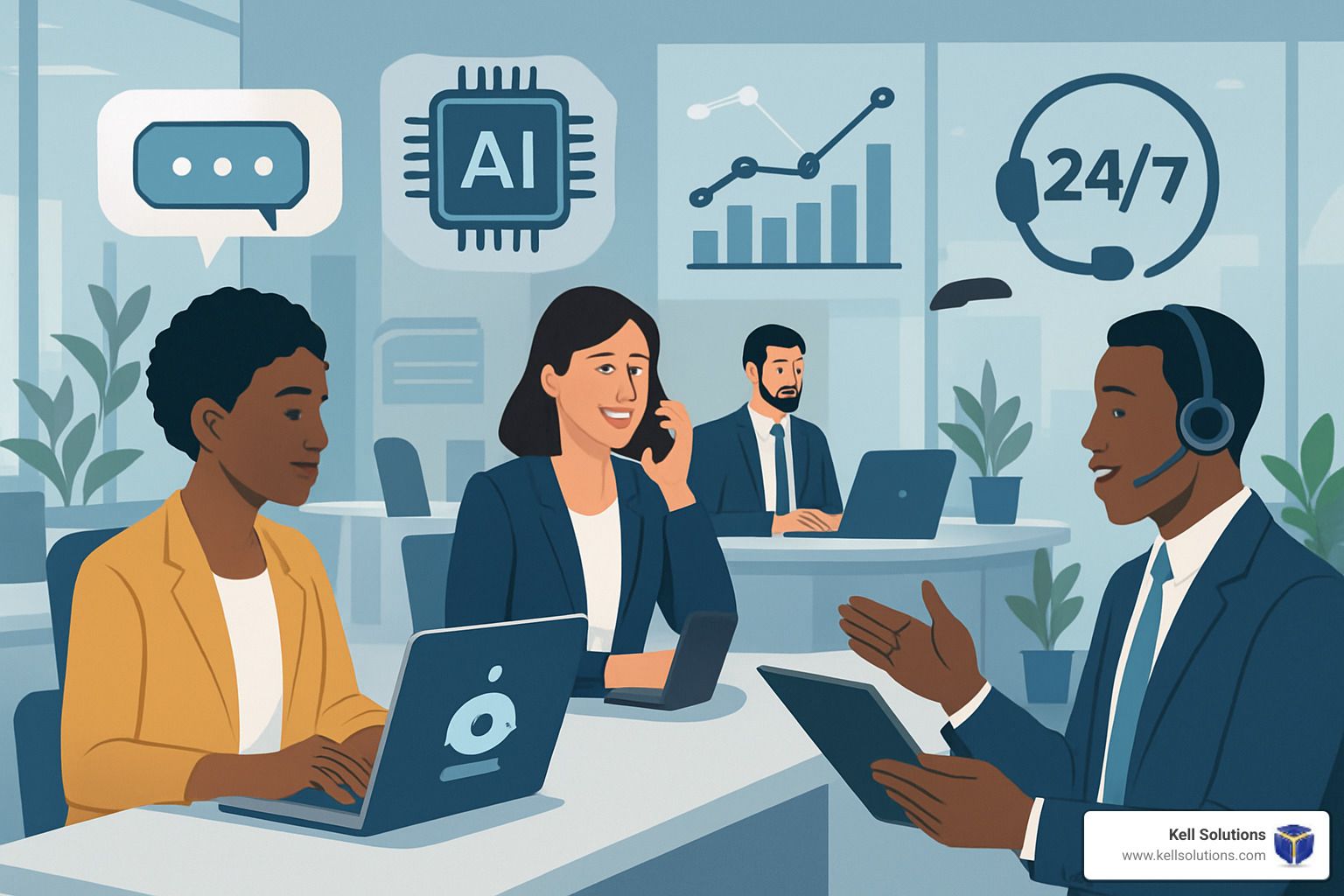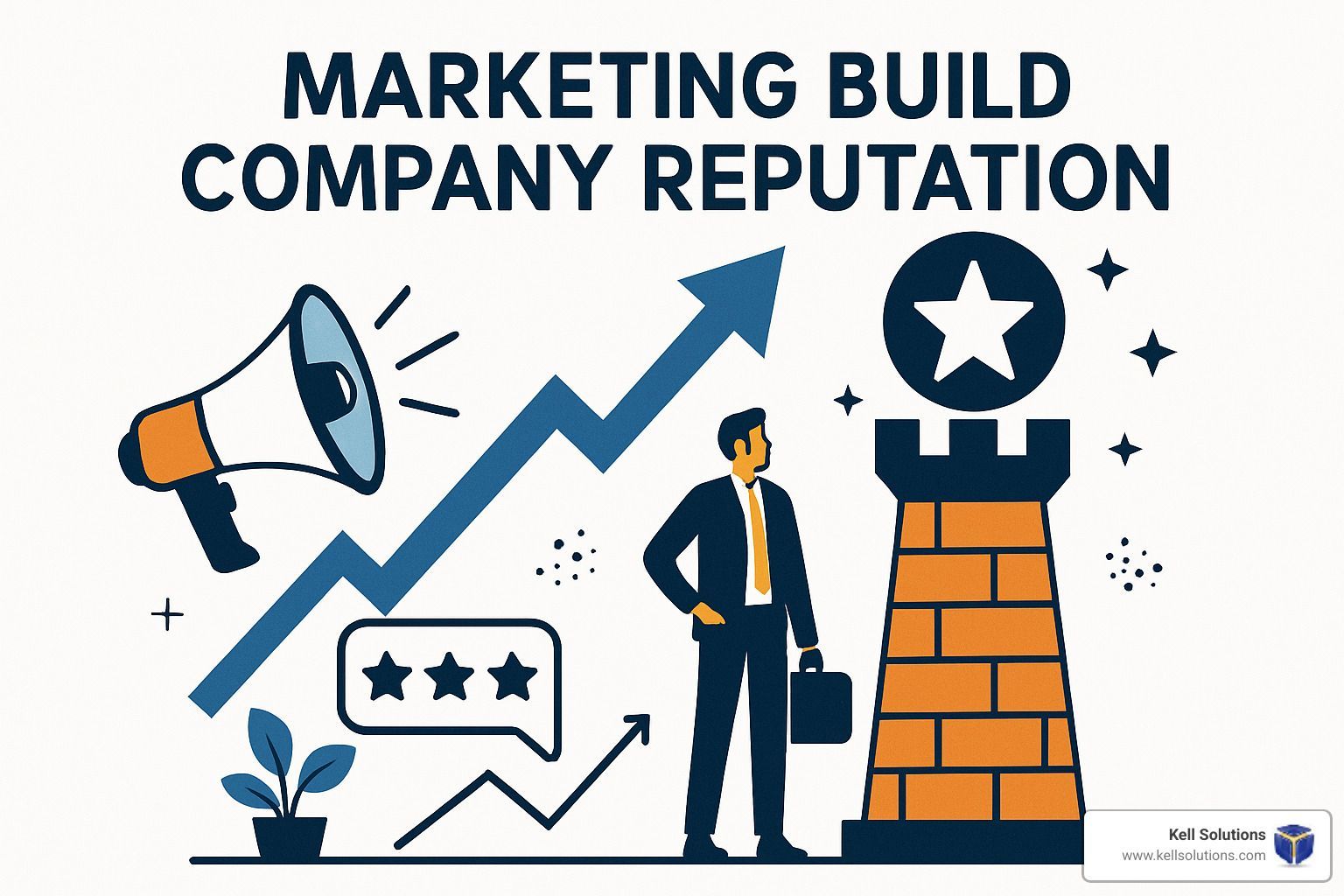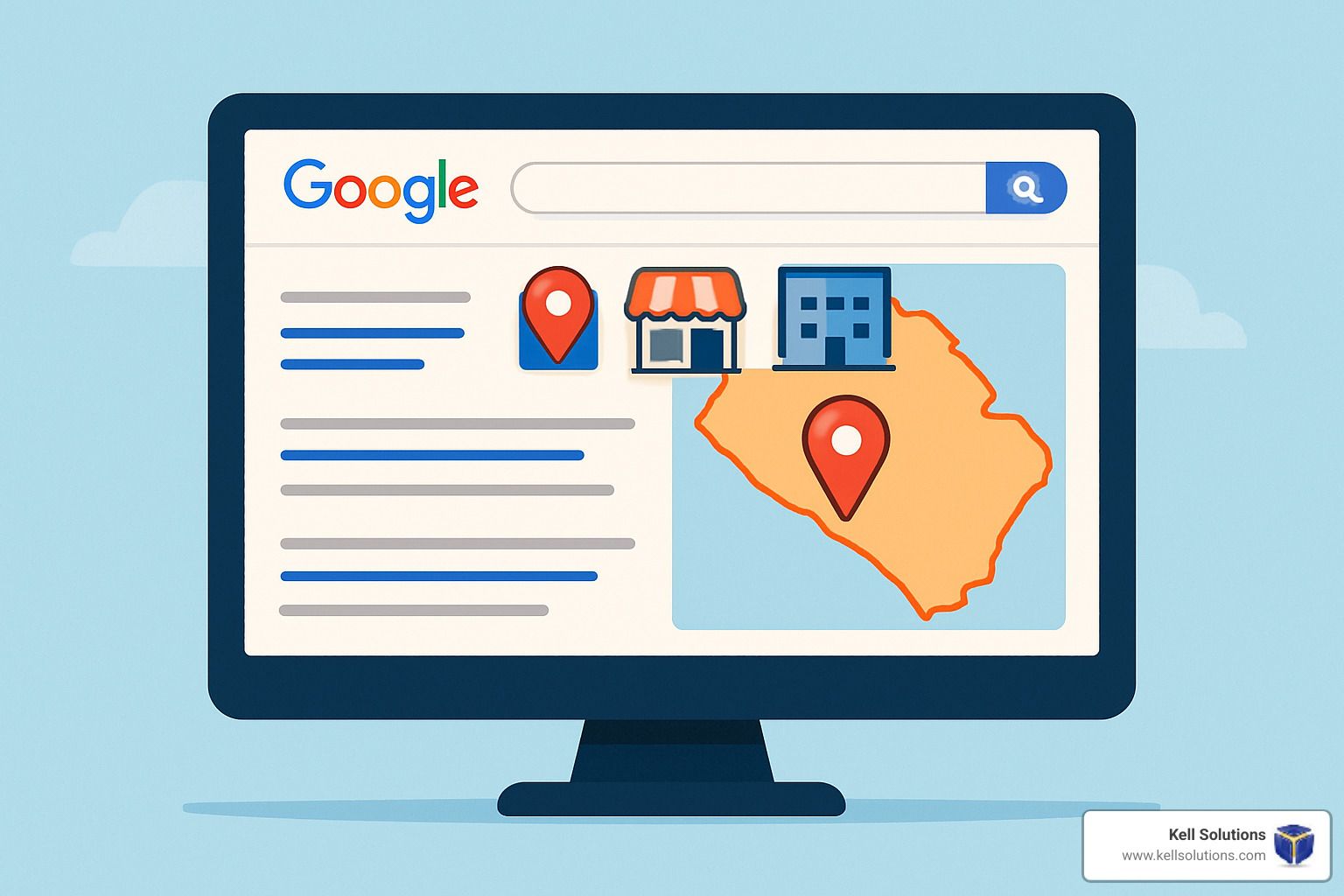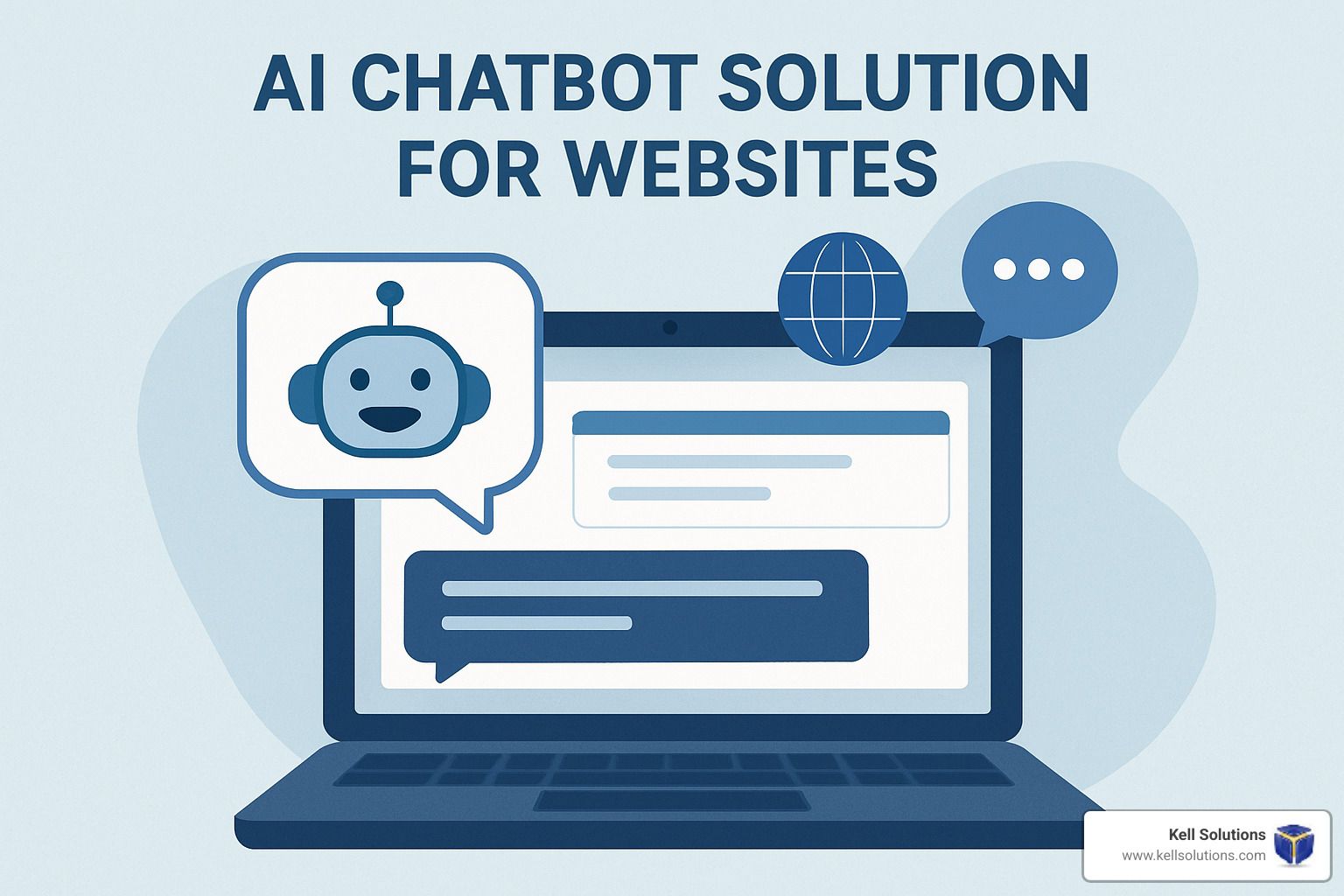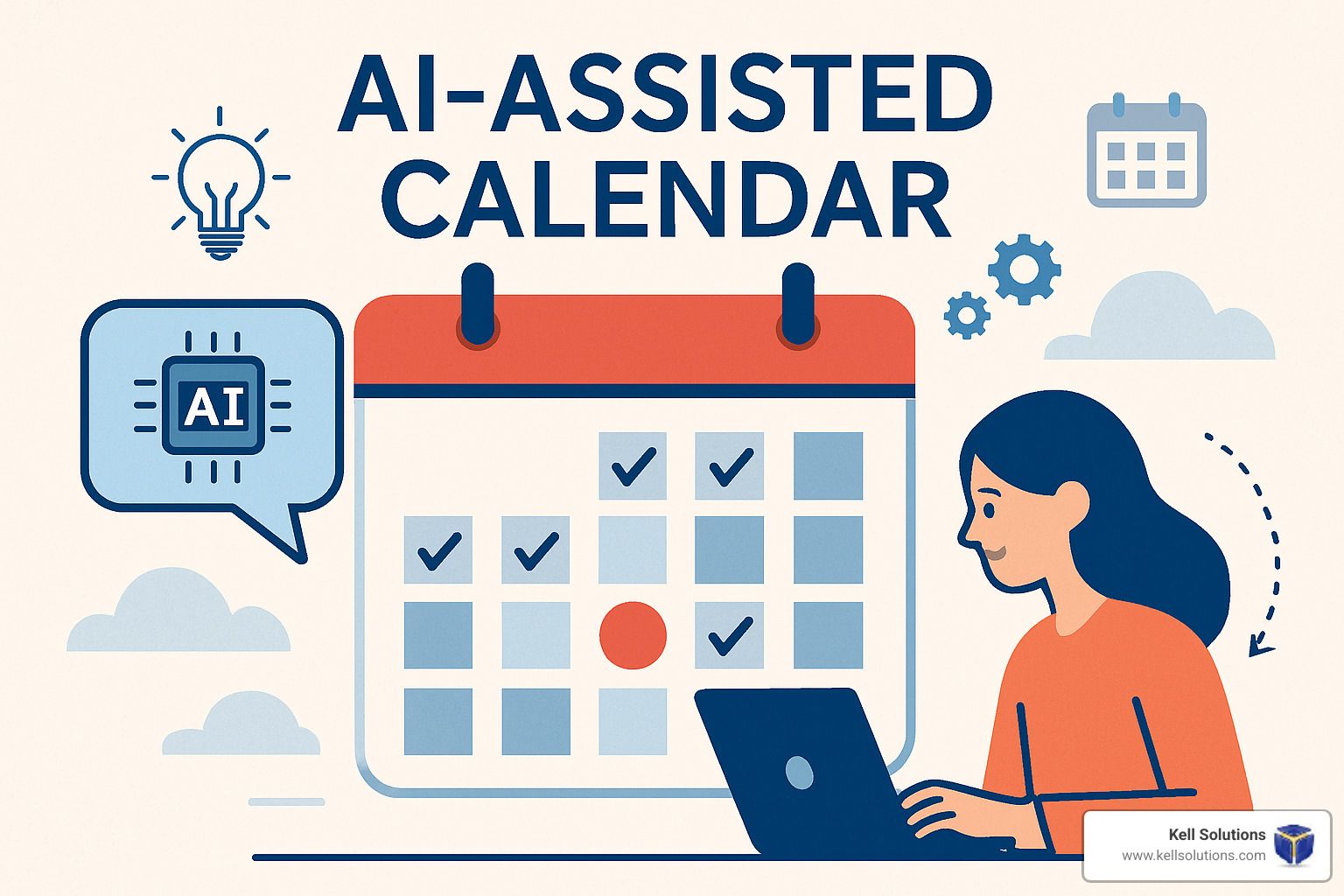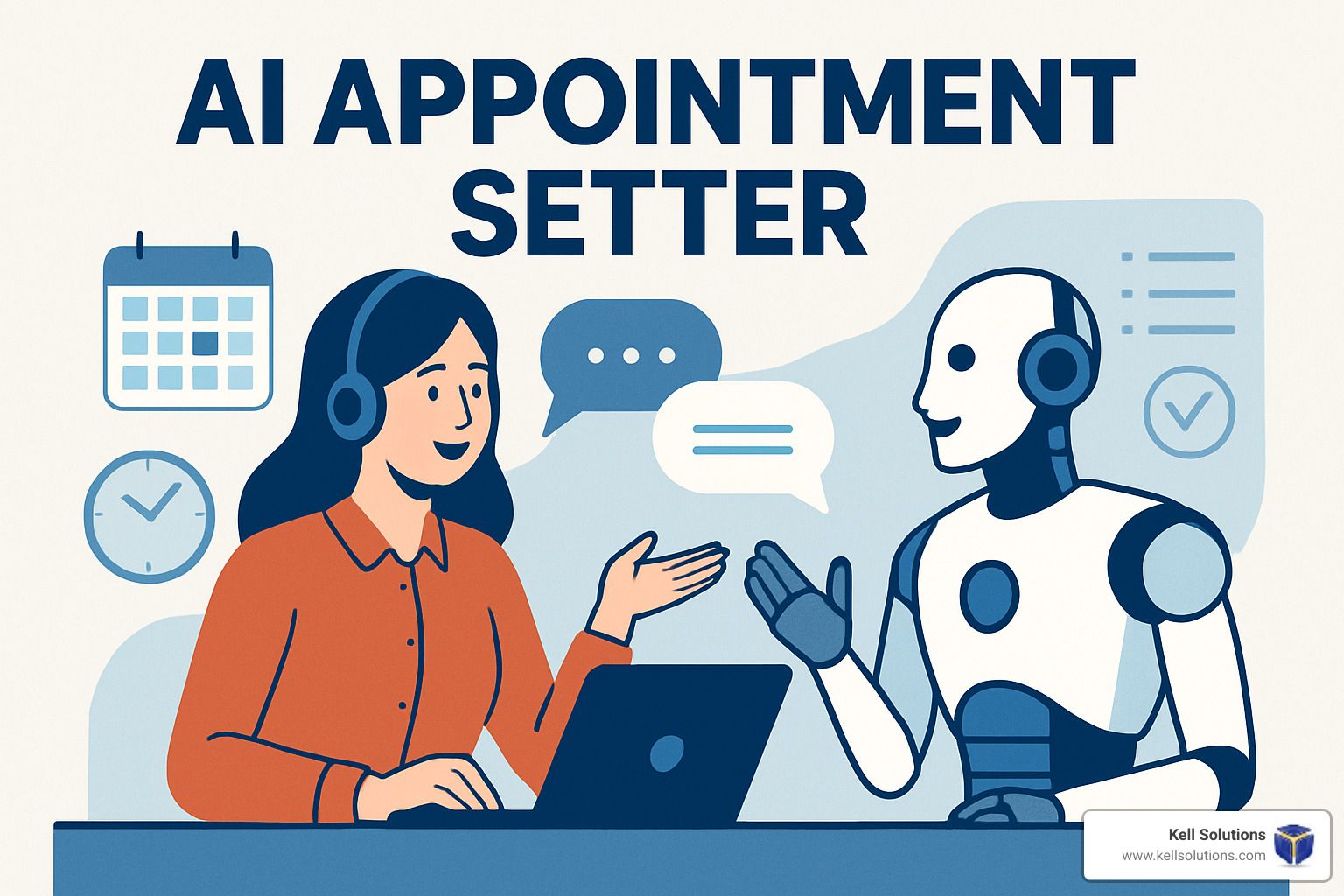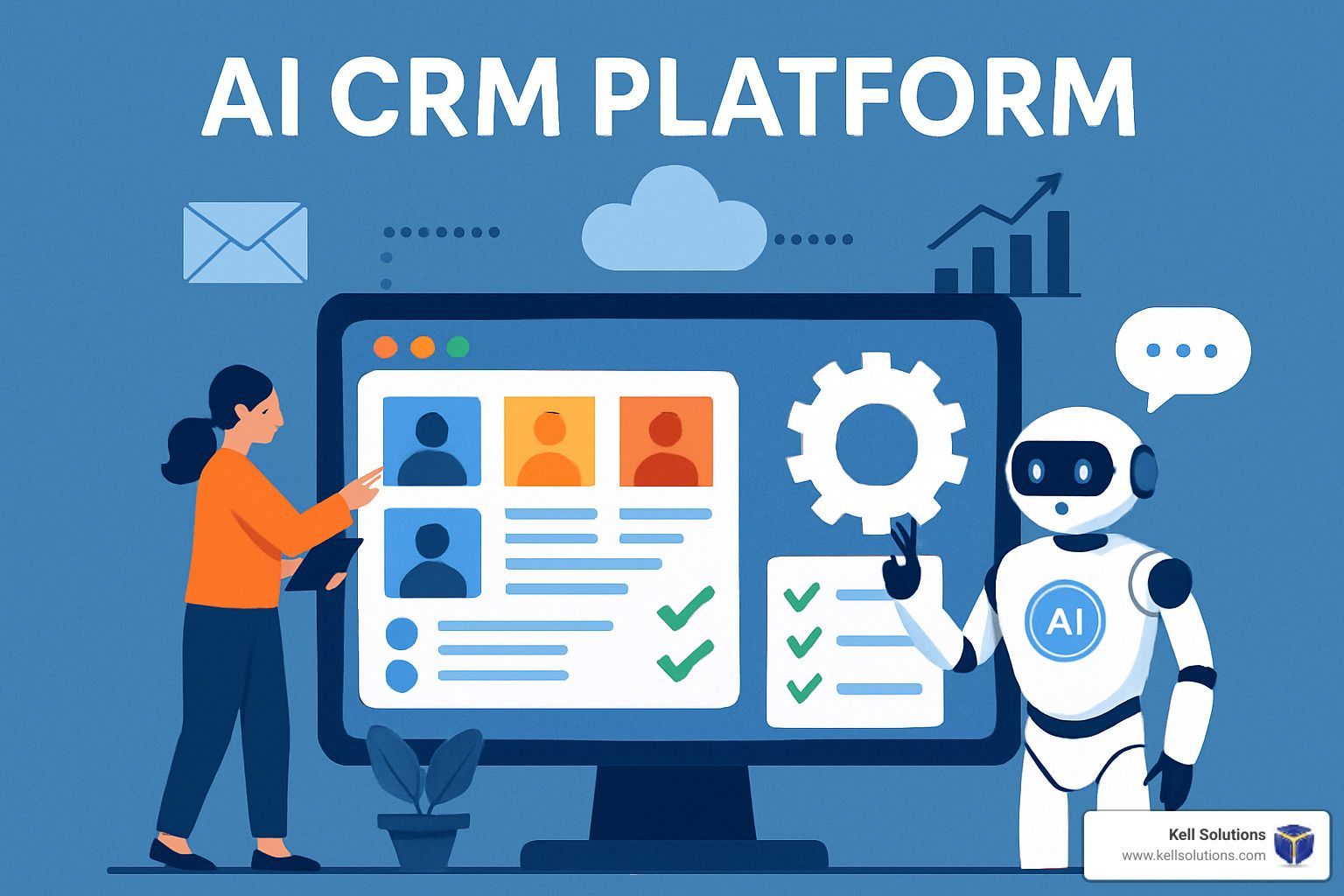Role of Artificial Intelligence in Business Operations in 2025
Artificial Intelligence (AI) is poised to redefine business operations in 2025, accelerating automation, enhancing decision-making processes, and offering hyper-personalized customer experiences. As AI technologies mature, their adoption across various industries is set to reach unprecedented levels, pushing the boundaries of innovation and productivity. This article explores the anticipated impact of AI on business operations in 2025 and how companies can leverage these advancements to stay ahead of the competition.
AI-Driven Automation: Beyond Routine Tasks
By 2025, AI will have advanced to a stage where automation goes beyond just handling repetitive tasks. Companies will increasingly deploy AI-powered systems capable of managing complex workflows and decision chains. Automation will extend into areas such as advanced supply chain logistics, predictive maintenance, and even content creation. Businesses will use AI to handle everything from generating dynamic marketing materials to producing financial forecasts and reports, thus significantly reducing human intervention and freeing up resources for more strategic activities.
Smarter Decision-Making with AI in 2025
In 2025, the decision-making landscape will be transformed by AI’s enhanced analytical capabilities. With the integration of AI into enterprise resource planning (ERP) and customer relationship management (CRM) systems, businesses will have access to real-time data insights like never before. AI will sift through enormous data sets, identify patterns, and generate actionable recommendations almost instantaneously. This real-time insight will help businesses forecast trends, optimize their operations, and identify growth opportunities more effectively.
For instance, companies in the retail sector will leverage AI to analyze customer buying behaviors and stock levels, enabling them to anticipate demand shifts and adjust their inventory accordingly. Similarly, financial firms will employ AI algorithms to assess market trends and predict economic fluctuations, making investment strategies more robust and informed.
Personalizing Customer Experiences at Scale
The ability to personalize customer interactions will reach new heights in 2025. AI will allow businesses to understand their customers better by interpreting not just transactional data but also behavioral and emotional cues. AI-driven platforms will create customer profiles that are more comprehensive than ever before, enabling companies to deliver customized product recommendations, targeted advertisements, and even personalized customer service interactions.
This level of personalization will extend beyond the online experience. Physical retail stores, for example, will use AI to offer individualized in-store experiences, with smart devices and IoT sensors providing tailored promotions and recommendations as customers browse. The result will be a seamless omnichannel experience that blurs the lines between digital and physical commerce.
AI Ethics and Compliance in Business Operations
As AI becomes more embedded in business processes, 2025 will see a growing emphasis on AI ethics and regulatory compliance. Companies will need to ensure that their AI systems are transparent, fair, and aligned with societal values. Compliance with emerging AI regulations will become a critical aspect of business operations, especially in areas like data privacy, bias mitigation, and decision transparency. Organizations that prioritize responsible AI use will not only build trust with their customers but also mitigate the risk of regulatory penalties and reputational damage.
Preparing for the Future: How Businesses Can Adapt
To thrive in 2025’s AI-driven landscape, businesses must adopt a proactive approach. This means investing in AI talent, upskilling existing employees, and creating an organizational culture that embraces innovation. Companies should also focus on integrating AI into their core business strategies, ensuring that AI initiatives are aligned with their overall goals and objectives.
Additionally, businesses must build robust data infrastructures to support AI applications. Clean, structured, and high-quality data will be the foundation upon which successful AI models are built. Those who can leverage data effectively will be best positioned to harness the full potential of AI technologies.
Conclusion
Artificial Intelligence is set to play a transformative role in business operations by 2025. With advancements in automation, smarter decision-making capabilities, and unparalleled personalization, AI will drive growth and efficiency across industries. Companies that embrace these changes and prepare for the evolving AI landscape will find themselves at the forefront of innovation and success. The key to thriving in this future lies in not just adopting AI technologies but also using them responsibly and strategically.
FAQs
- What new advancements can we expect from AI in business operations by 2025?
By 2025, AI will go beyond automating routine tasks to managing complex workflows, advanced data analytics, and offering real-time decision support. - How will AI impact customer experiences in 2025?
AI will enable hyper-personalized experiences by analyzing both transactional and behavioral data, allowing businesses to create highly tailored customer interactions. - Will AI affect all types of businesses equally?
While AI will benefit businesses of all sizes, companies that invest in AI integration and data infrastructure will see the most significant advantages. - What ethical concerns are associated with AI in business operations?
AI ethics, including bias mitigation, data privacy, and transparency, will be major considerations as companies deploy AI systems more extensively in 2025. - How should businesses prepare for the AI-driven future?
Businesses should focus on investing in AI talent, aligning AI initiatives with business goals, and ensuring data quality to support AI applications effectively.
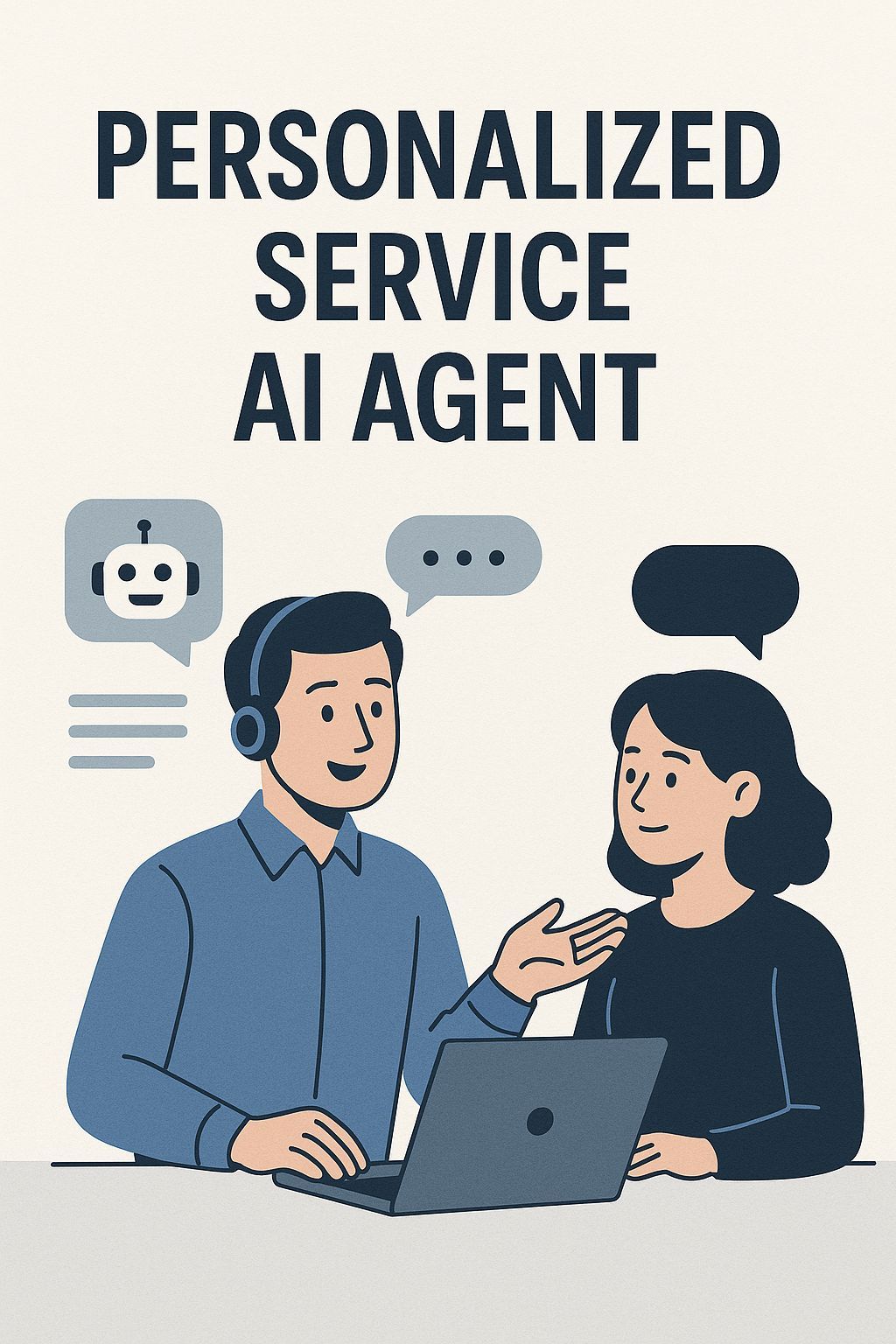

Orange County HVAC Google AI Overview Domination: 7 Proven Strategies to Capture Featured AI Results





